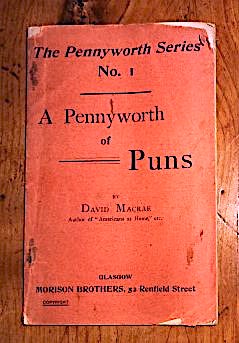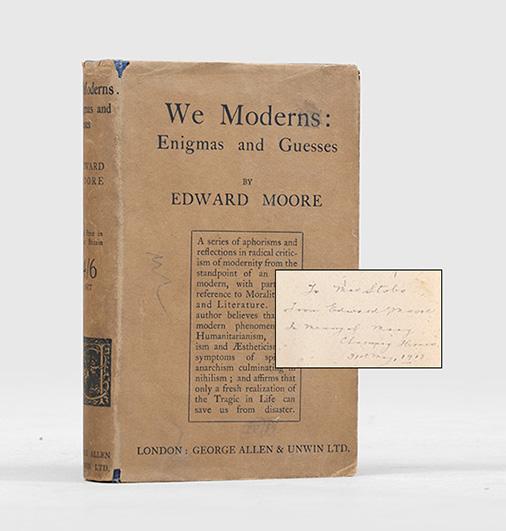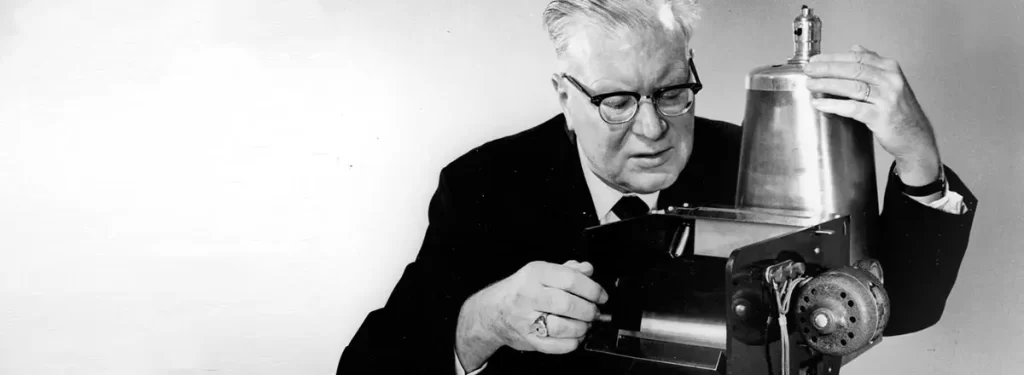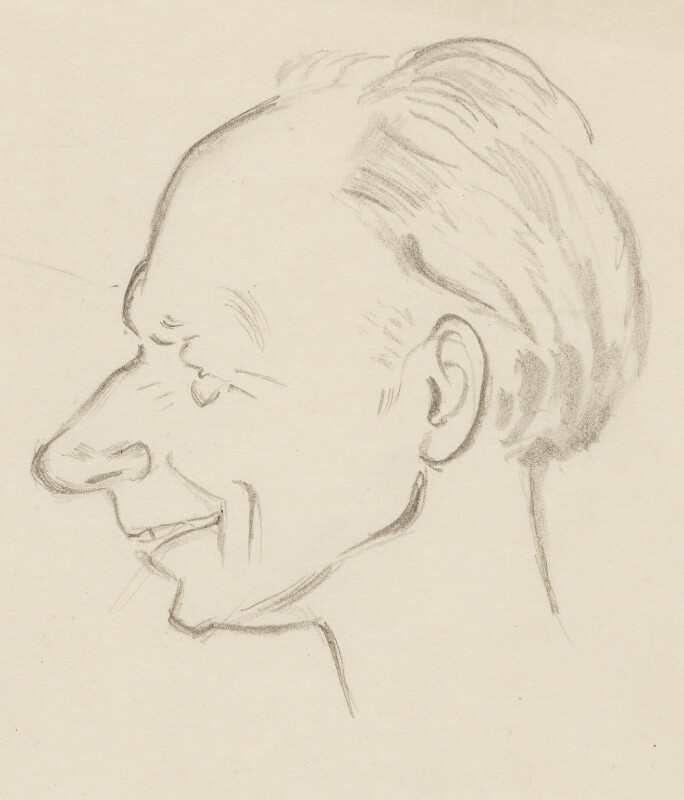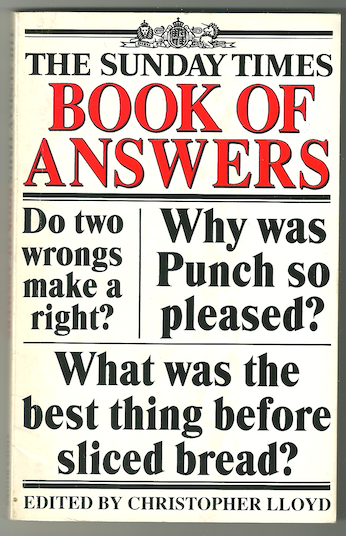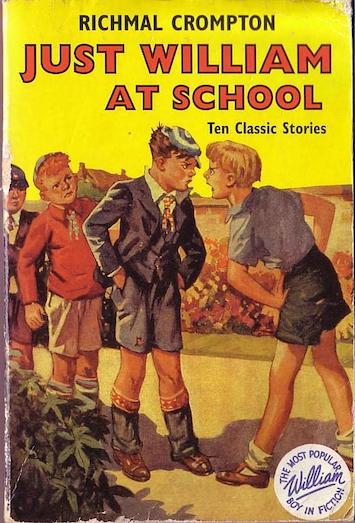In his Bookman’s Budget ( 1917) the writer and book collector Austin Dobson asks why early copies of certain famous books are so thin on the ground. One of the books he has in mind is the first edition of Walton’s Compleat Angler, ‘ very few ‘ of which ‘ are in existence now ‘.
‘that little octavo of 246 pages, price eighteen pence, Printed by T. Maxey for Rich. Marriott in St Dunstan’s Church-yard, Fleet Street’ in 1653 ‘.
Dobson fancifully speculates that the copies of this first edition:
‘were worn out in the pockets of Honest Izaak’s ‘Brothers of the Angle’, or left to bake and cockle in the sunny corners of wasp-haunted alehouse windows, or dropped in the deep grass by some casual owner, more careful for flies and caddis-worms, or possibly for the contents of a leathern bottle, than all the ‘ choicely-good ‘ madrigals of Maudlin the milk-maid’ .
Possibly so, as The Compleat Angler, may have been seen by anglers as a book of practical or technical advice rather than a work of rare literary qualities. It is certainly true that many a rare tome has been neglected by bibliophiles who ought to know better. When I interviewed Germaine Greer back in 1999, she shocked my by confessing that some of her more valuable old books ended up eaten by insects or ruined by the heat of the Italian sun while left on the window sills of her Tuscan villa.
Ale spilt over first editions in taverns doesn’t do them much good either. Vade mecums such as firsts by Walton can be left out in the rain, ruined and subsequently thrown away. There is possibly a whole book to be written on valuable tomes that were badly cared for and afterwards chucked out.
But Dobson isn’t just thinking about Walton’s masterpiece.
‘ That other eighteenpenny book, put forth by Nath. Ponder at the Peacock in the Poultrey near Cornhil’ five and twenty years later—The Pilgrim’s Progress from This World, to That which is to come ‘; why is it that there are only five or six copies, none quite perfect, now extant, of which the best sold long since for more than £1,400? ‘

One copy, Dobson declared, was placed in a ‘ great library’ ( presumably the British Museum), but the others have ‘ all gone’. It could be that they, like Walton’s Angler, were regarded as practical guides and therefore were not valued as, say, a volume of poetry might be. Or were the editions small enough for copies to be ‘ dog-eared out of being?
We don’t know, of course. What we do know is that an exceedingly rare copy of the Compleat Angler was sold by Sotheby’s not too long ago with an estimate of £60,000 – £80,000 on it. It was an octavo, and as Dobson notes, it had an engraved title page and contained ten very cute engravings of fishes in the text and a double page of sheet music by the eminent composer Henry Lawes. This ‘ choice copy’ was once owned by the amateur chess player and collector of books on chess, Rimington-Wilson ( 1822 – 87). The most recent owner was Armin Goyder (1908 – 97), a businessman and Blake enthusiast.
Continue reading




